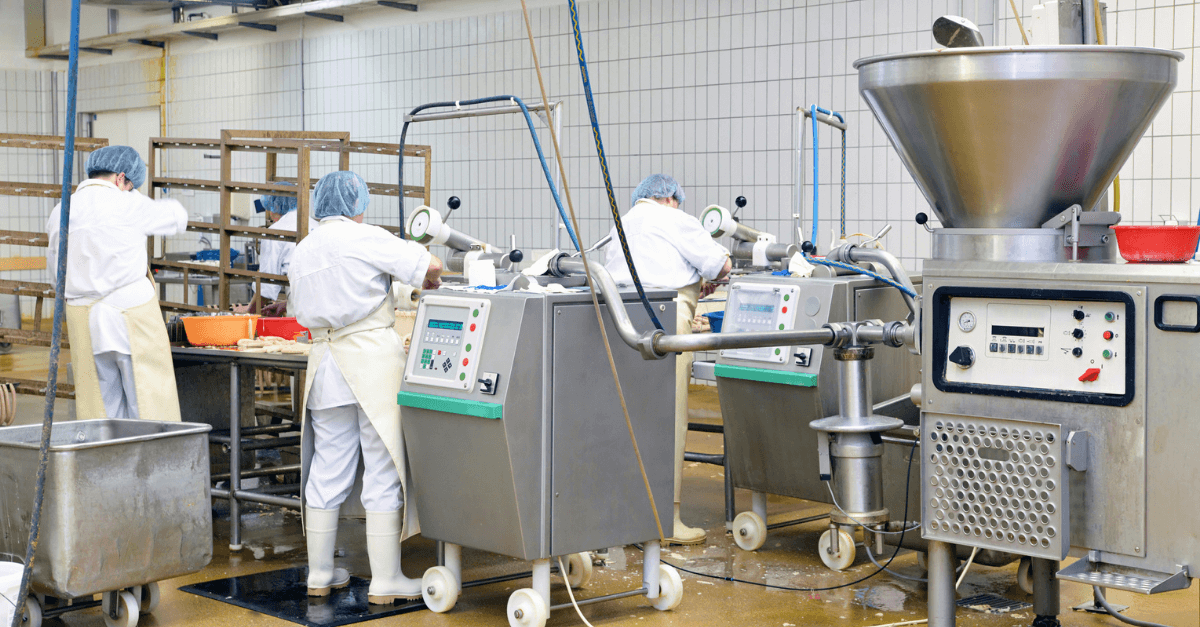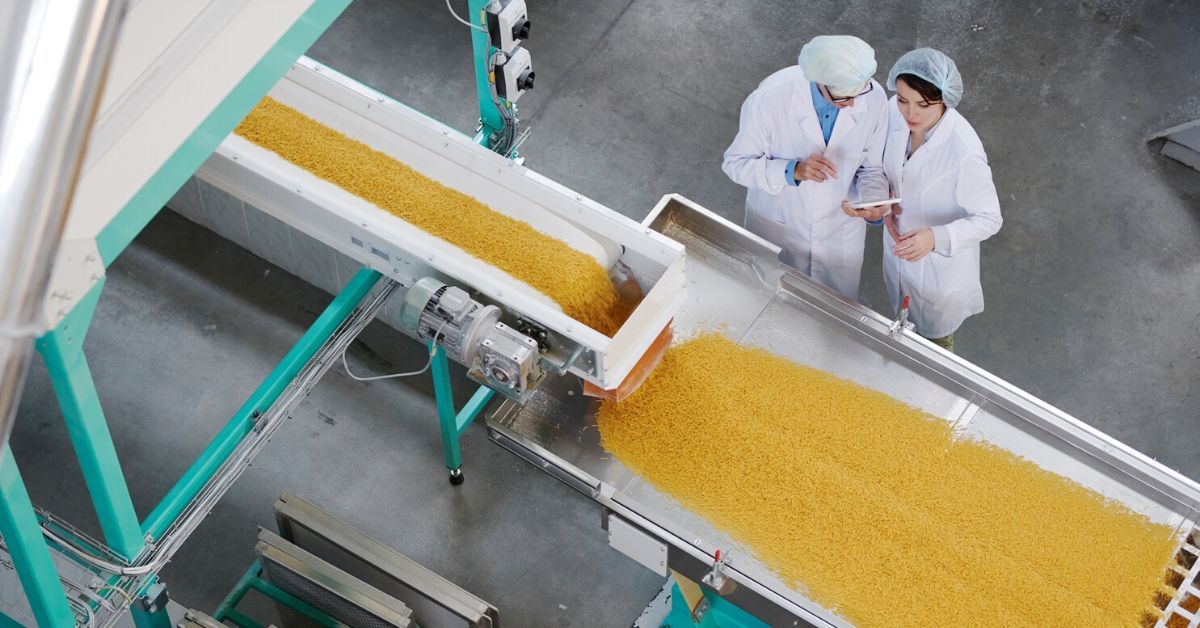In a world where oil has been one the most prized resource for many years, it is beginning to lose its status to another highly coveted resource: data. With net profits exceeding 25 billion dollars, digital behemoths Google, Facebook, Microsoft, Amazon and Apple dominate in terms of consumer and user data, making them tremendously valuable. Other than these, industrial giants such as GE and Siemens are now redefining their positioning as data firms. The nature of competition is experiencing a complete shift due to the plethora of data. Through data collection, companies benefit from a larger scope to improve their products, drawing in more consumers, which translates into greater amounts of data and so on. Adding on, with machine learning through artificial intelligence, more value can be extracted from this data and it can be used for forecasting or predictive purposes.
How does this translate for manufacturers?
By engaging in the shift to a smart factory with the implementation of innovative technologies, such as TileConnect smart sensors, manufacturers can collect data about the state of their production in real time. Reporting gets standardized, digitized and more precise with the greater amount of information available. Many features such as downtime, throughput, OEE and yield can be monitored by managers and executives. With different analytics tools, it allows for them to stay connected with their data and consequently make better decisions. Also, the use of artificial intelligence will permit an anticipation of a given day's output to plan shifts and productions accordingly.
To read more on the power of data and its challenges, consult this article from The Economist right here.







